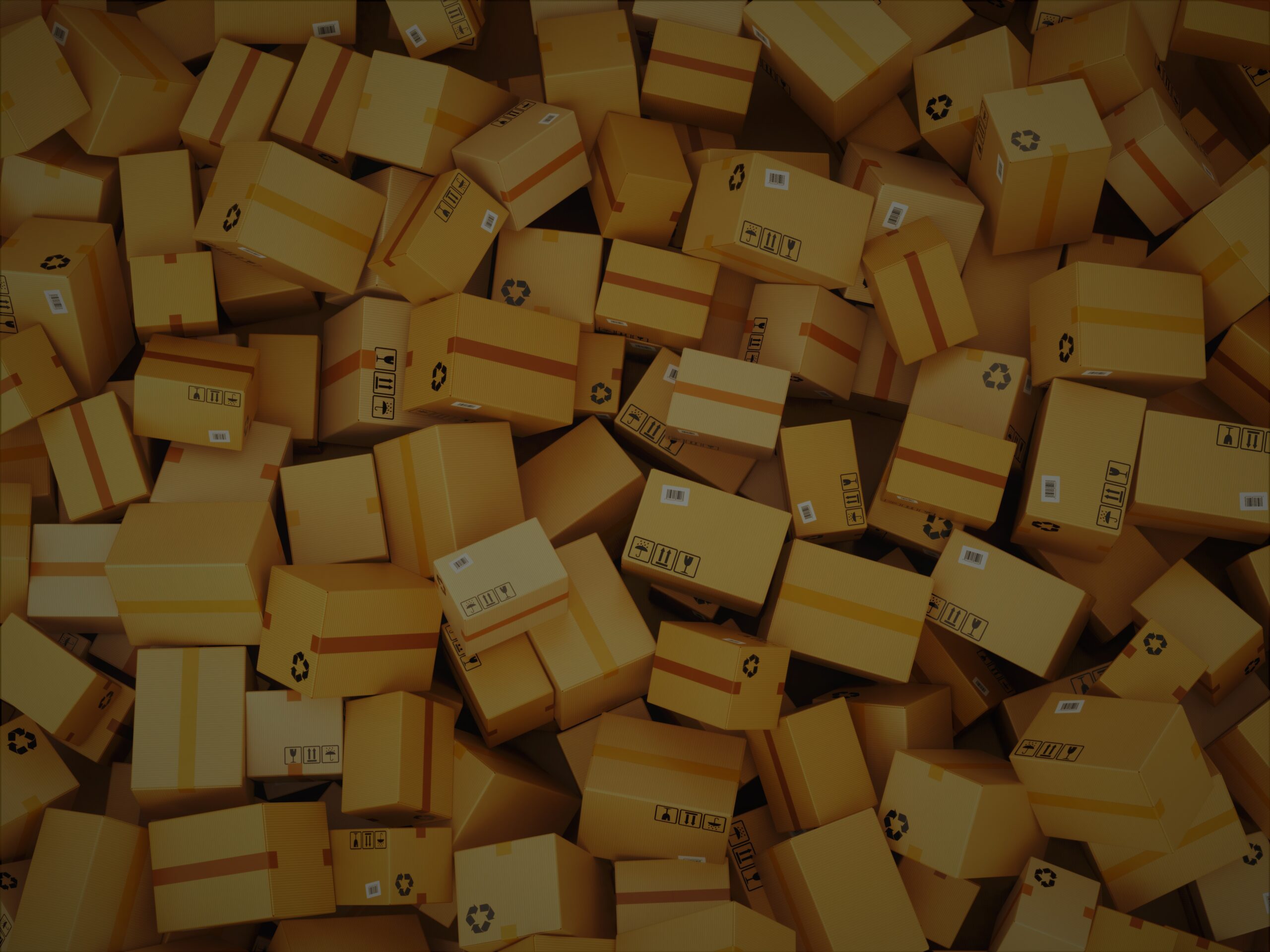Peak consumerism is turning into our planet’s closing-down sale. We spoke to Manuel Braun about how Everything-as-a-Service or XaaS business and operating models can help us move to a more efficient, more circular economy.
This week, Black Friday – timed around the US Thanksgiving holiday – will see retailers promoting in-store and online deals in one of the busiest shopping days of the year. In response, ‘Buy Nothing Day’ asks us to cut our ties with consumerism, if only for 24 hours. Is there a third way? Could we start living in a smarter relationship with the products and services we really need?
Although the offers look enticing, consumers are becoming much more aware of the darker side of Black Friday. Nearly all of our product use is based on a linear, ‘take-make-dispose’ system that leads only one way: into waste, often landfill. At a global level, this puts huge strain on the Earth’s ability to support us. Over 50% of all greenhouse gas emissions come from extracting or processing resources. Social and biodiversity impacts are set to get worse, not better.
We need a total rethink – before peak consumerism turns into our planet’s closing-down sale. But does anyone really want to give up all the functionality, benefit and novelty of our everyday products?
The answer goes surprisingly deep. “We have to rethink prosperity altogether”, says Dr Manuel Braun. “Our focus must shift from the products we manufacture to the benefit they generate for the user.” A big part of the solution, he suggests, is XaaS: Everything as a Service.
Two trends can help. One is digitisation: a world where many of our products are dematerialised, and where the convenience of a ride-hailing or car-rental app feels more intuitive than investing in the upfront cost of car ownership. The other is product ownership and extended responsibility. This approach incentivises manufacturers to adopt circular economy strategies to get better value out of products, and their components and materials; there’s an emphasis on long-lasting design, more intensive use, and a vision of a product’s lifecycle that includes repair, reuse, remanufacturing, refurbishing and recycling.
Early adopters continue to grow. BlueMovement offers energy-efficient Bosch appliances, such as washing machines and dishwashers, on flexible subscriptions. Grover’s tech-sharing platform – whose customers rent phones, laptops and TVs – claims that products are typically recirculated four or five times. In both cases, reuse and repair services extend the life of the equipment. It’s not just consumer products either: B2B services offer everything from CT scanners (Philips), to construction tools (Hilti), to workwear and hygiene as a service (CWS).
Good for customers and the environment – but what’s in it for the companies? Efficiency, for one thing. “Selling utility or outcomes, rather than a product, comes with an incentive to achieve that outcome with less material use or operating cost”, explains Manuel. “And if you compare it to a one-off transaction, it builds a deeper relationship with the customer. That’s something companies are really looking for right now.”
Businesses trying to follow their lead will soon find that the right solutions can vary across sectors. But, in a recently published ‘toolkit‘, Manuel suggests that successful models have four factors in common. First, an XaaS strategy and value proposition that connects with customers’ needs and the company’s own ambitions to have an impact on their industry systems. Second, business model and financial design. Third, developing the circular product and operating model to reduce environmental impacts. And fourth, an ‘ecosystem’ – including the right organizational set-up and the right implementation partners.
There will always be something reliable, even comforting, about ownership. But XaaS may be a truer reflection of our patterns of use. Once you know about XaaS, its potential seems to be everywhere – at one point Manuel, with a tone of gentle fatherly tiredness in his voice, wonders aloud about a subscription service that would give toddlers the renewed novelty of recycled toys. It also meets our needs at a more fundamental level, he explains: “People don’t need cars, they need mobility. They don’t need washing machines, but rather clean clothes.” For some companies, reconnecting to that sense of purpose, while becoming more sustainable, could be the biggest appeal of all.
Dr. Manuel Braun is a project director at SYSTEMIQ. He is an expert in the field of circular system change and business model innovation – working with tech-driven circular economy pioneers and investors. He is a lecturer at the Technical University of Munich.

